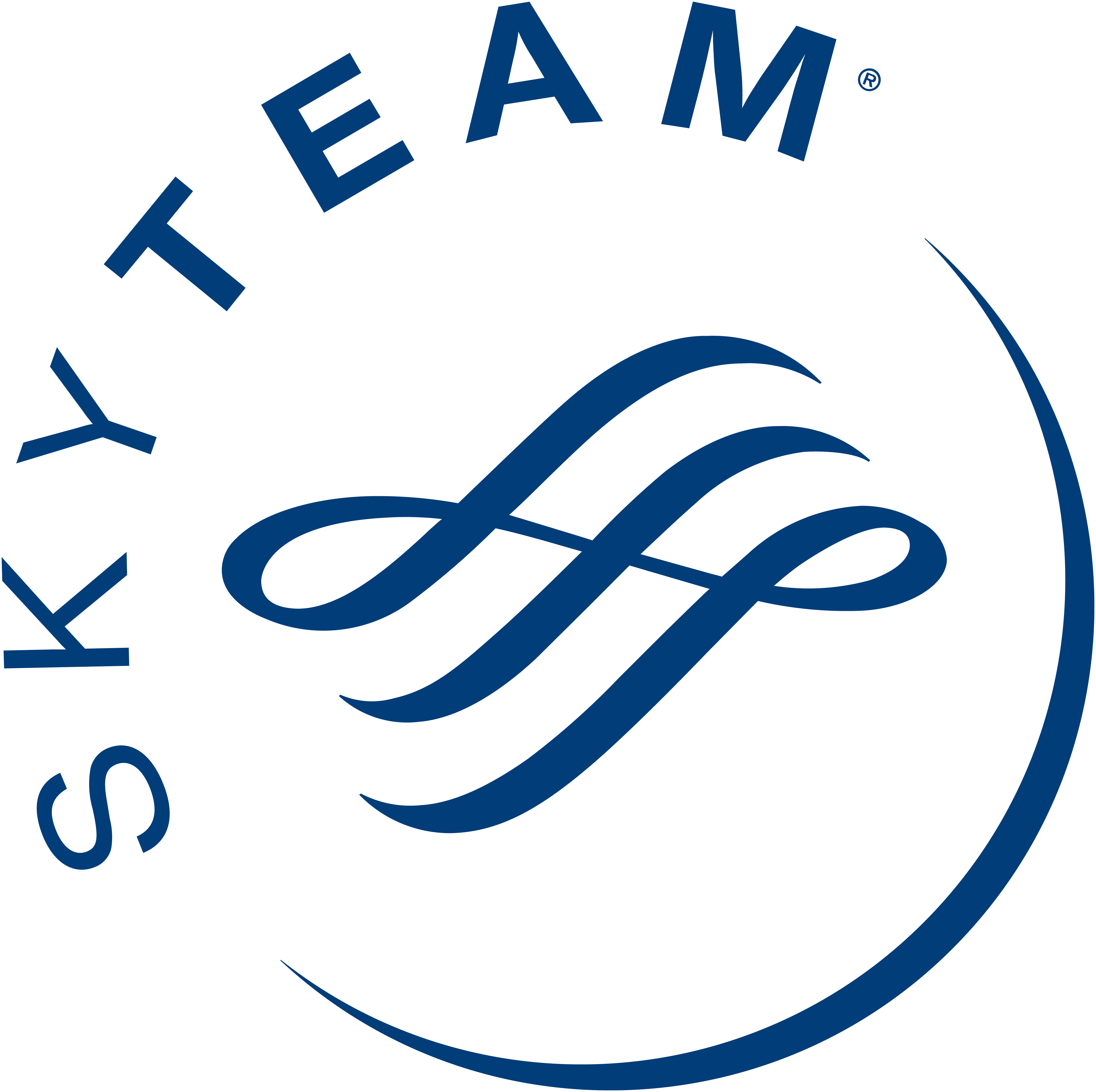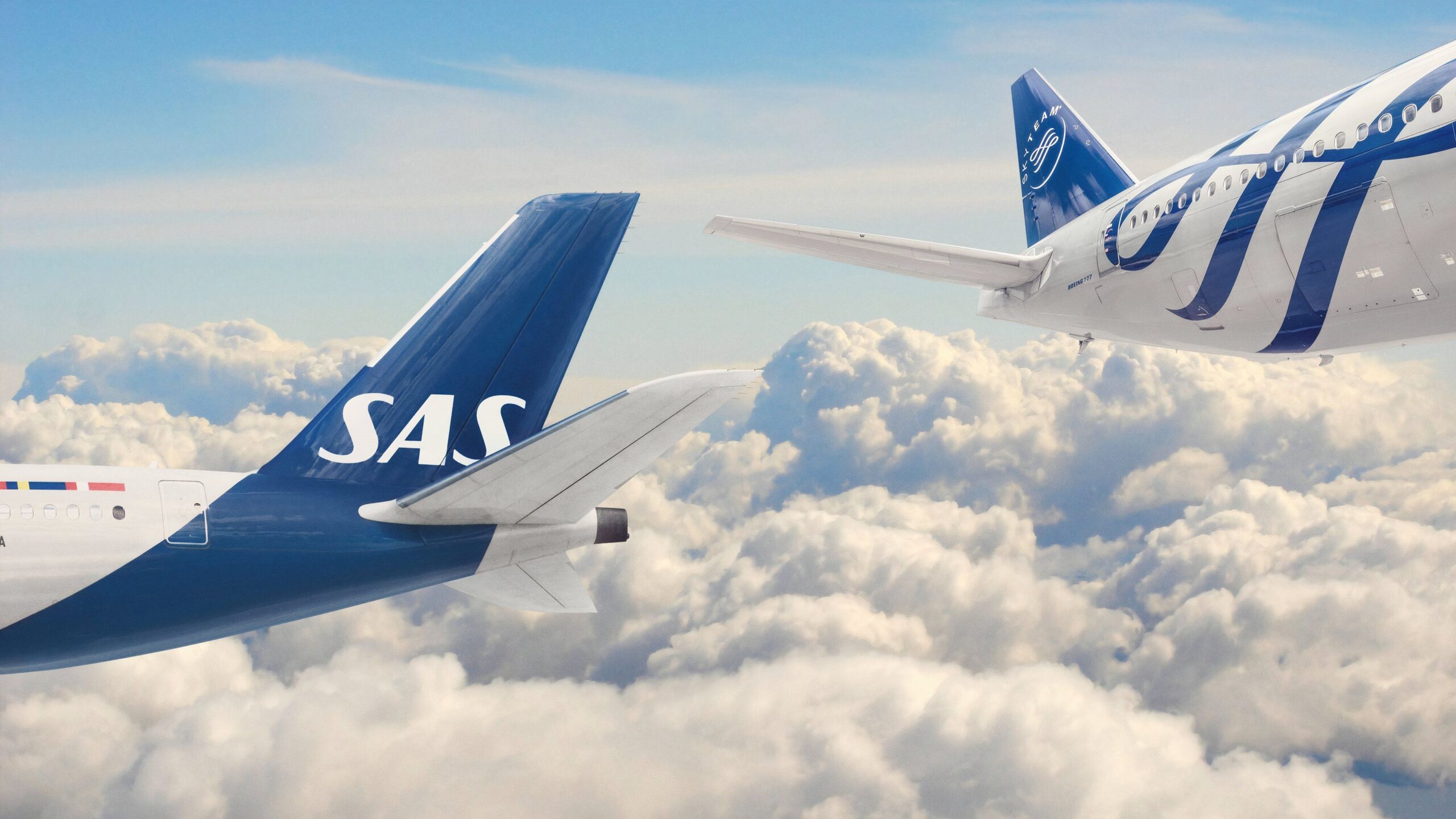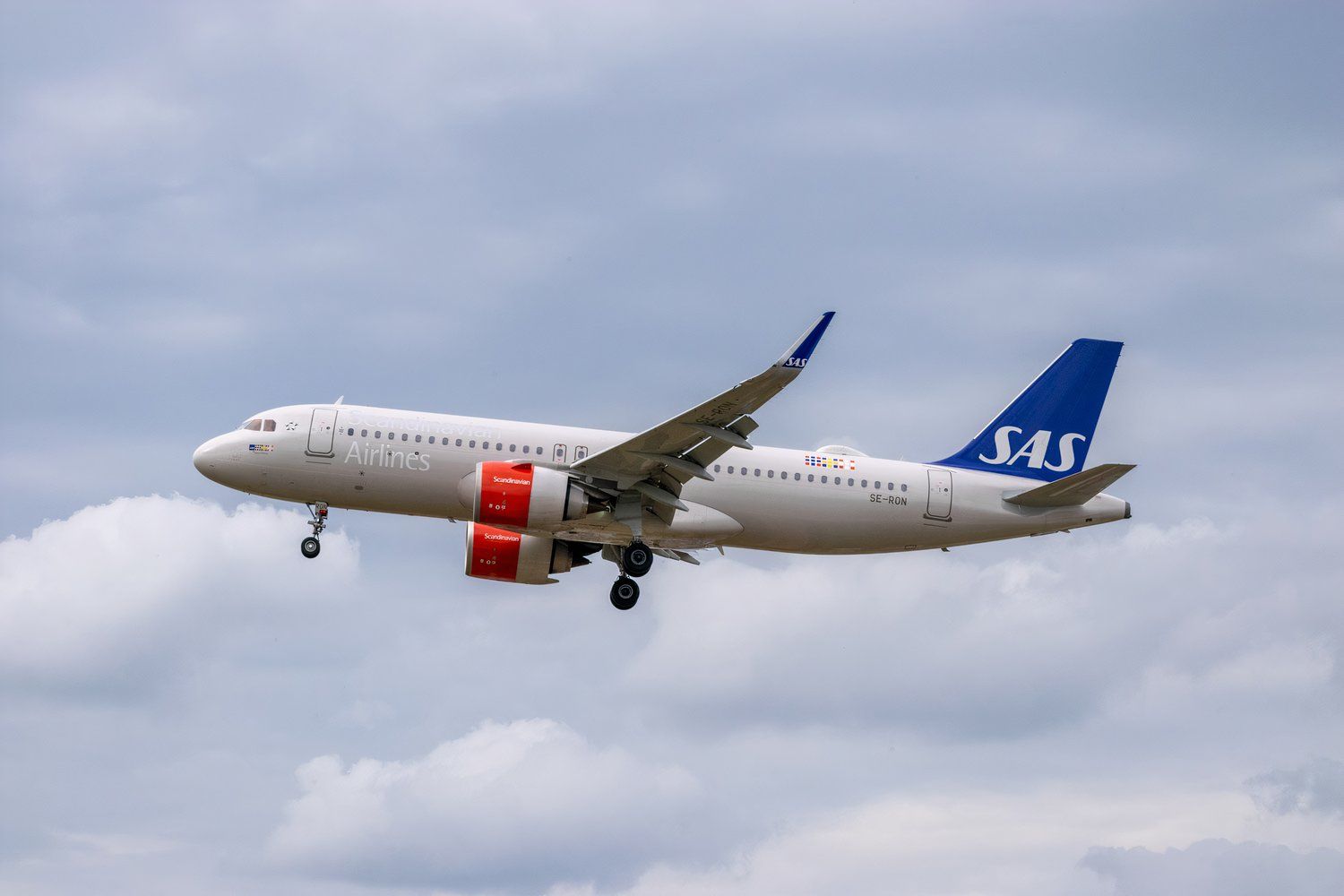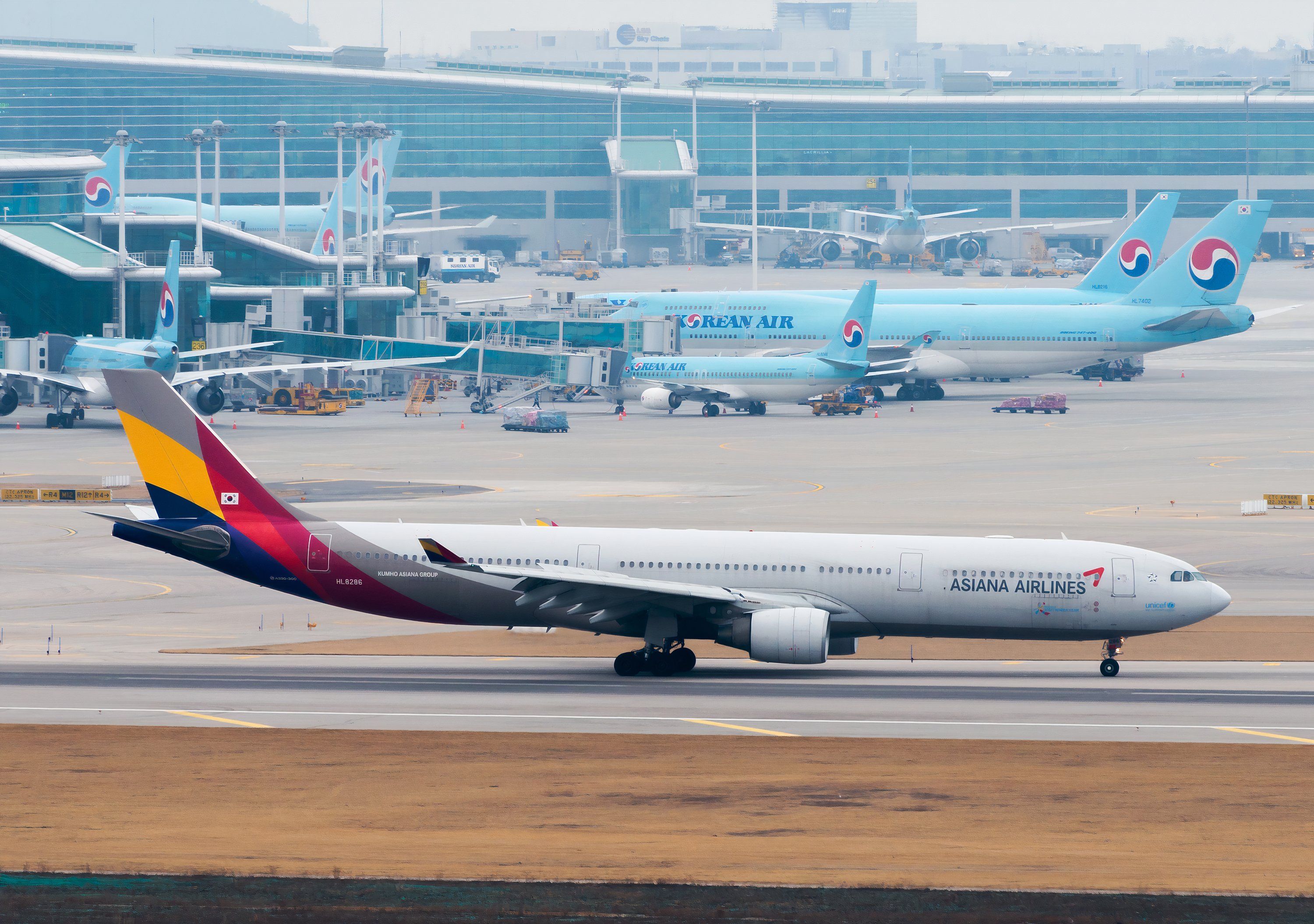Summary
- SAS joined SkyTeam today, enhancing global connectivity to over 1000 destinations.
- SAS members gain access to loyalty programs with alliance members and have access to alliance or member lounges and priority services.
- Star Alliance may lose another member to SkyTeam if Korean Air acquires Asiana.
Scandinavian carrier SAS today officially joined the global airline alliance – SkyTeam, thereby commencing a new era for the airline, while SkyTeam and its members strengthen its position within continental Europe. This announcement comes on the heels of the airline completing its restructuring and exiting Chapter 11 bankruptcy.
New to SkyTeam
Scandinavian carrier
 SAS
SAS
has officially joined the
 SkyTeam
SkyTeam
global airline alliance today, thus marking a new era for the airline and the alliance. Though SAS was a founding member of
![]() Star Alliance
Star Alliance
, the airline had previously stated that at Star Alliance, there were no opportunities for deeper integration or initiating a joint venture with fellow alliance members, which is something SkyTeam members have done exceptionally well in the past.
Additionally, until recently, the carrier was under Chapter 11 bankruptcy protection, which SAS used to restructure and better position itself, both operationally and financially. Though the airline could not raise equity with any Star Alliance members, 19.9% of shares were acquired by
Air France-KLM
Group, after which a move to SkyTeam was predictable.
Photo: Tom Boon | Simple Flying
By integrating into SkyTeam and the broader alliance network, the airline will now be able to offer seamless connections to over a thousand destinations worldwide, with a considerable number of new destinations added to the network.
Airline President and CEO Anko van der Werff stated,
“This is the beginning of a new era for SAS. Starting today, our customers will experience a smooth transition to SkyTeam, thanks to the tireless efforts of all SAS colleagues. The partnership will open new opportunities for our passengers, expand our global network, and allow us to collaborate closely with like-minded airlines. Together, we will offer even greater value to our customers while strengthening our position in the global aviation market. We’re thrilled to continue connecting the world to Scandinavia and elevate the travel experience for our passengers“.
Increased connectivity
Now that SAS has joined SkyTeam, the airline can offer its passengers seamless global connections. SAS
EuroBonus
members will also benefit greatly, as the passengers will now be able to earn points and miles with most other SkyTeam members. Higher-tier members have access to priority services and lounge access.
|
EuroBonus Status |
SkyTeam Status |
|---|---|
|
Silver members |
SkyTeam Elite |
|
Gold members |
SkyTeam Elite Plus |
|
Diamond members |
Additionally, with SAS in the alliance, SkyTeam becomes the only airline alliance that connects both the southernmost and northernmost commercial airports in the world: Ushuaia (USH) in Argentina, served by SkyTeam’s Aerolíneas Argentinas and Svalbard (LYR) in Norway served by SAS.
Possibly losing another member soon?
During the broadcasted CEO forum at IATA AGM held in Dubai earlier this year, Scott Kirby, the CEO of
![]() United Airlines
United Airlines
(A founding member of Star Alliance), was asked what he thought about SAS leaving to SkyTeam, and Kirby jokingly replied
“Well, sometimes people like coach better….”
While the loss of SAS does not necessarily affect the alliance’s connectivity and position in Europe, due to the presence of giants such as
Turkish Airlines
and
![]() Lufthansa
Lufthansa
Group (which includes Star alliance members – Swiss, Austrian Airlines, and Brussels Airlines), along with a few other European carriers, the alliance is in danger of possibly losing another significant member to SkyTeam soon.
Photo: Thiago B Trevisan | Shutterstock
Seoul-based
Asiana Airlines
, which is a member of Star Alliance, is currently in the advanced stages of being acquired by
Korean Air
, a member of SkyTeam Alliance. While this acquisition has been in progress for years, it has previously faced several regulatory roadblocks from various countries to ensure the South Korean market remained competitive, and that Korean Air will not monopolize the routes once the acquisition is complete.
While the pair has received the green light from all major Asian and European regulators, they still face major opposition from the United States, including a stance from the United States Department of Justice (DoJ), which has stated they might sue Korean Air if they went ahead with the acquisition.



